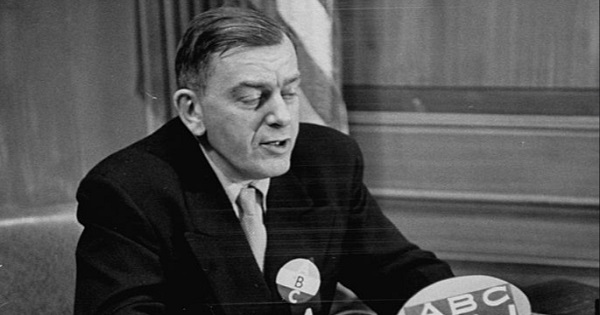As I mentioned in a previous post, the new 29 USC §207(r) now requires that the following accommodations must be made by employers for nursing mothers:
- A reasonable break time for an employee to express breast milk for her nursing child for 1 year after the child’s birth, each time such employee has need to express the milk; and
- a place, other than bathroom, that is shielded from view and free from intrusion from coworkers and the public, which may be used by an employee to express breast milk.
Why was this made part of the health care reform law? Congressional sponsors cited these health concerns in support of this legislation protect a mother’s right to breastfeed and promoting breastfeeding as an option for working mothers: Breastfed babies visit the doctor less frequently, spend less time in the hospital, and require less prescription medication than bottle-fed babies, notes the Health and Human Services’ Office on Women’s Health. Because of the significant health benefits for the mother and child, the World Health Organization and American Academy of Pediatrics both recommend at least six months of exclusive breastfeeding for all infants.
There’s a plus side for employers, too: Because breastfed babies are healthier, this translates into reduced health care costs for breastfed infants and lower medical insurance claims for employers. Also, an employer is not required to pay an employee for the break time taken to express milk.
The new law went into effect immediately, and affects almost all US employers, although employers with fewer than 50 employees can claim an exemption “if such requirements would impose an undue hardship by causing the employer significant difficulty when considered in relation to the size, financial resources, nature, or structure of the employer’s business.” New Jersey law ( N.J.S.A. § 26:4B-4/5 already entitles a mother to breastfeed her baby in any location in a place of public accommodation, resort or amusement. Note that the new federal law does not preempt any state law, such as New York’s, that provides greater protections to employees.







